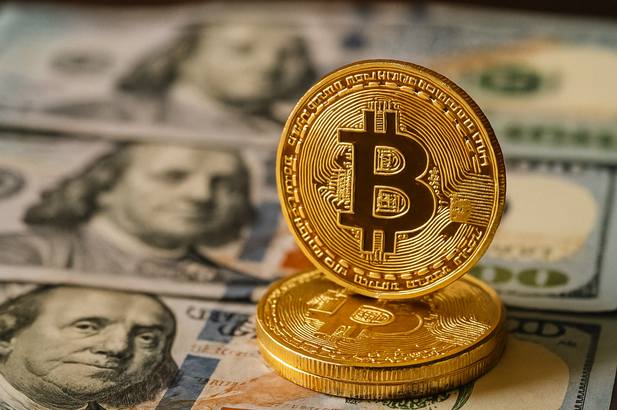TLDR
- France’s $176 billion deficit may push the ECB to print trillions of euros.
- Arthur Hayes suggests ECB money printing could lead to Bitcoin price surges.
- France’s growing fiscal issues may prompt capital flows into Bitcoin.
- Previous QE rounds led to Bitcoin’s massive price increase, Hayes notes.
The growing budget deficit of France’s central bank could have unexpected consequences for global markets, especially Bitcoin. Arthur Hayes, co-founder of cryptocurrency exchange BitMEX, believes that the over $176 billion deficit may trigger massive money printing by the European Central Bank (ECB), potentially fueling a surge in Bitcoin prices. This development may lead to fresh liquidity flowing into the cryptocurrency, signaling a shift in the global financial landscape.
French Central Bank’s Budget Deficit
The Banque de France (BdF) reported a significant loss of 7.7 billion euros ($8 billion) in fiscal year 2024, primarily due to rising interest payments. This contributed to a budget deficit that exceeded 168 billion euros ($176 billion), which is about 5.8% of the country’s Gross Domestic Product (GDP).
This figure is far above the European Union’s 3% limit for budget deficits, placing France among the worst-performing countries in the Eurozone.
The deficit suggests potential capital outflows from the country. With this growing financial shortfall, France’s central bank could face challenges in meeting its obligations without external support. This scenario could prompt the European Central Bank (ECB) to take more drastic actions, such as initiating money printing measures.
ECB’s Potential Response Trillions in Money Printing
Arthur Hayes has warned that the ECB may resort to printing trillions of euros to address the deficit and prevent a financial crisis. This situation, according to Hayes, would likely lead to more liquidity flowing into Bitcoin as a store of value. As Hayes stated, “French capital is leaving France,” and without sufficient foreign investment, the ECB may be forced to act.
This response could come in the form of quantitative easing (QE), a monetary policy where central banks inject money into the economy by buying government bonds. The goal of QE is to stimulate economic activity and support government spending. Hayes predicts that such measures could lead to increased interest in Bitcoin as an alternative asset.
The Role of Bitcoin in the Eurozone Crisis
Bitcoin has historically benefitted during periods of economic instability and monetary expansion. During previous rounds of quantitative easing, such as the U.S. Federal Reserve’s bond-buying program in 2020, Bitcoin’s price surged dramatically, rising from $6,000 to nearly $69,000. This trend could repeat if the ECB follows a similar path.
The growing uncertainty surrounding France’s fiscal health and the Eurozone’s overall stability might cause more investors to consider Bitcoin as a hedge against inflation and currency devaluation. As Hayes pointed out, “ECB prints now or prints later, and in both cases, they lose control.” This situation could lead to a shift in capital towards cryptocurrencies, which are seen as decentralized and less reliant on traditional banking systems.
The Bigger Picture: Global Capital Shifts
The financial dynamics in France may also influence broader global capital flows. Hayes emphasized that French capital may move to other economies, such as Germany and Japan, where investors could seek more stable returns. This would further strain the French economy and heighten the pressure on the ECB to take action.
With Germany and Japan being major bondholders of French debt, the reduction in U.S. investment could also alter how France finances its budget. Hayes suggests that if the ECB does not act soon, it may lose control over the situation, leading to economic consequences that could ripple across Europe and the global market.






